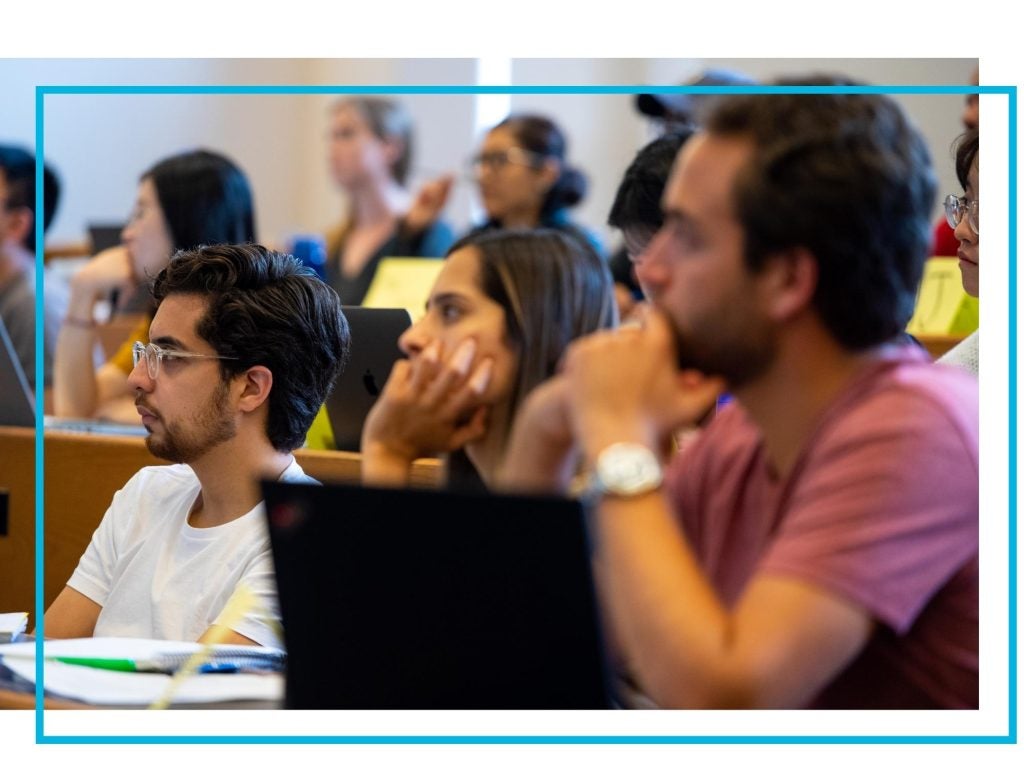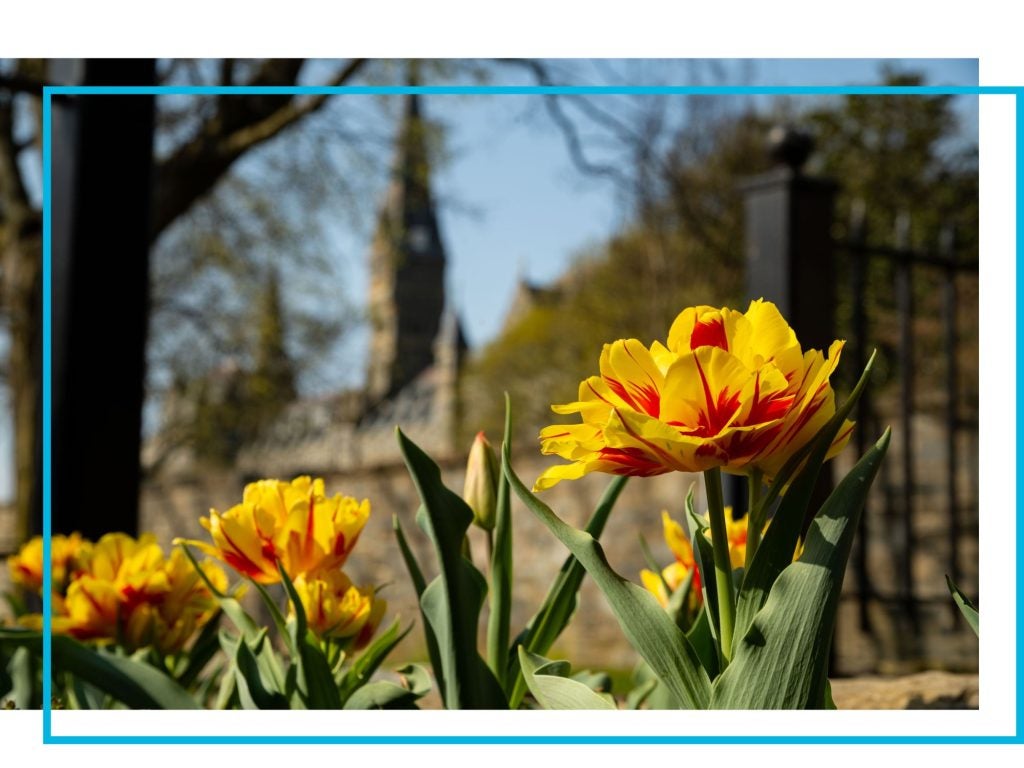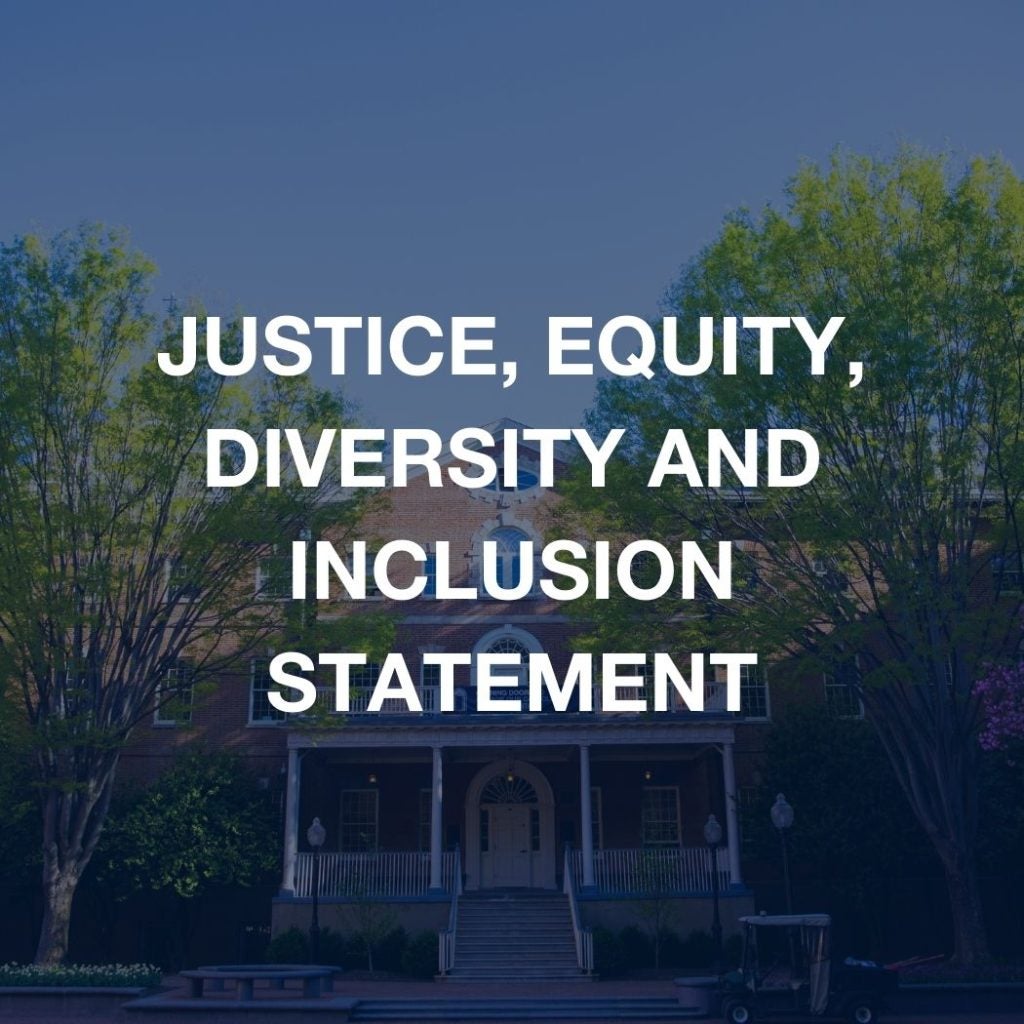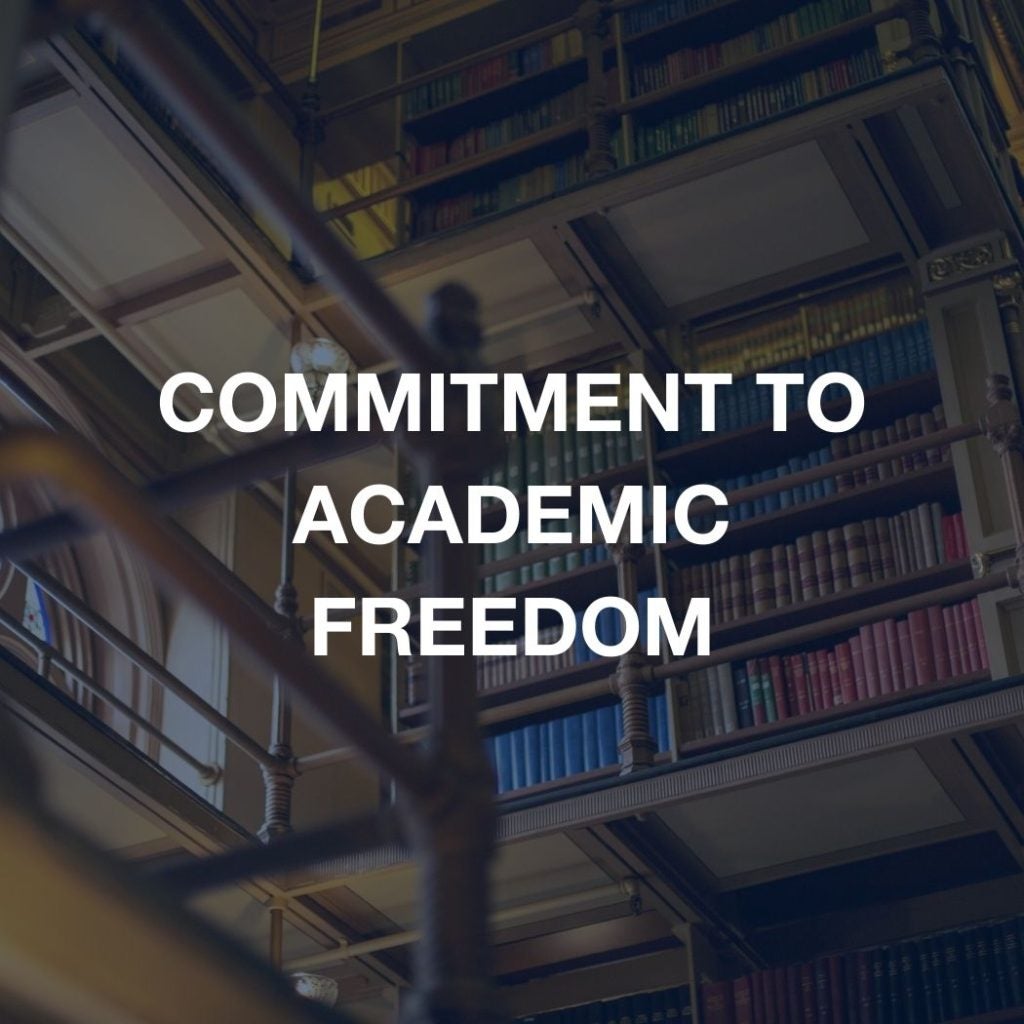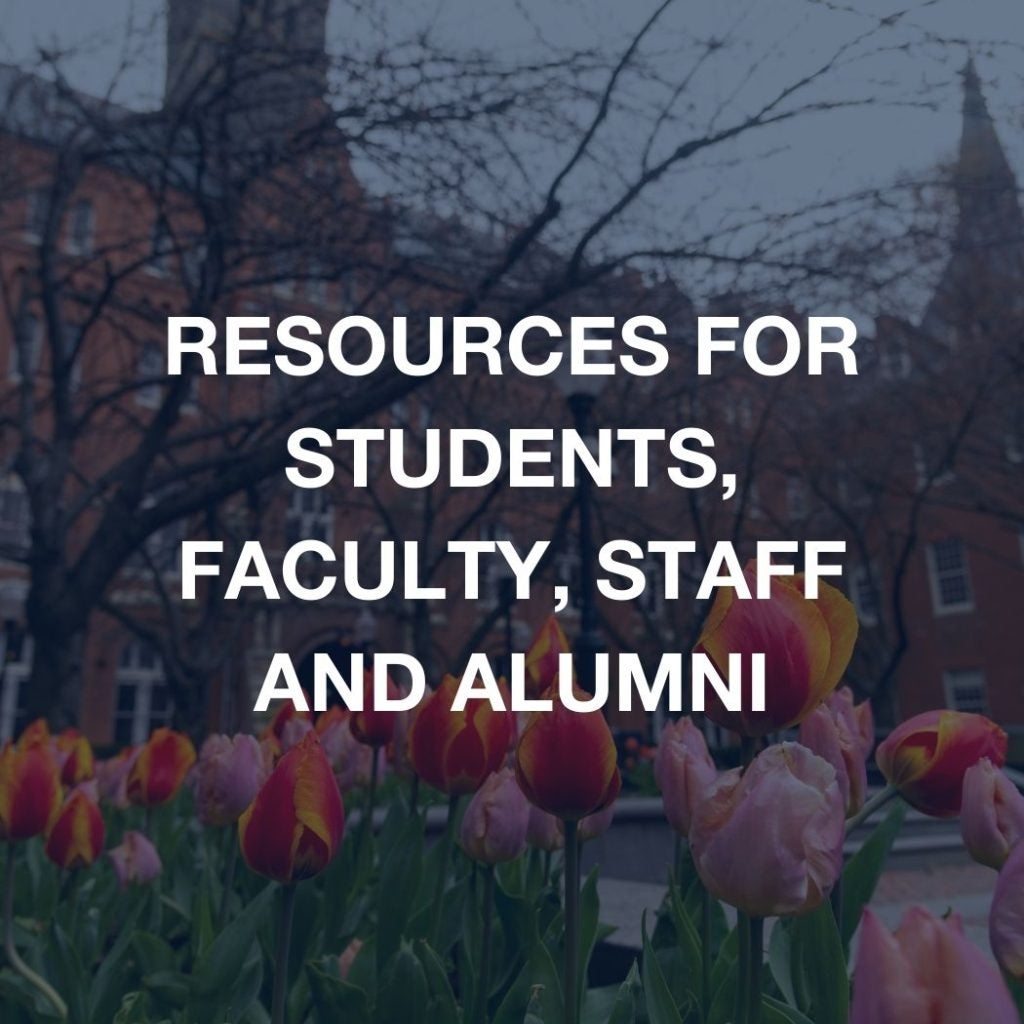
Commitment to Inclusion
The McCourt School of Public Policy aspires to become the most inclusive public policy school in the nation. Inclusivity is a core value at McCourt because public policies are more effective when our political and policy decision makers reflect the perspectives and lived experience of the communities they serve, and being able to work across differences is a fundamental skill we seek to cultivate.
Our Approach
Our initial strategies to achieve this aspiration include:
Increase access to a McCourt education
We are thinking broadly about diversity. Increasing racial and ethnic diversity is critical. It is also important to increase representation among first-generation students, military-connected students, and students of differing political ideologies, geographic backgrounds, and other dimensions of lived experience and identity.
Learn More About Our Commitment to AccessInnovate our curriculum
The McCourt School Curriculum Innovation Committee is reviewing and updating the core curricula of our masters programs. Over the last three years, the Committee surveyed employers and alumni, and benchmarked the curricula at other policy schools, and worked with faculty, staff and students to make our programs even stronger.
Learn More About Our Commitment to InnovateExpand co-curricular programming and skill-building resources
The McCourt School is committed to fostering an environment where all members of our community—students, faculty, and staff, regardless of racial, ethnic, gender, religious identity, socio-economic status, ideology or other dimensions of lived experience and identity – feel welcome, heard, and are able to fully participate.
Learn More About Our Support of Productive ExchangeInstitutionalize our Confronting Racism work
In the summer of 2020, and in response to the protests and social unrest in the U.S. and around the world, the McCourt School redoubled our efforts to become a more diverse, equitable, inclusive, and anti-racist public policy school. Developed collaboratively with McCourt students, academic and research faculty, alumni and staff, the McCourt School developed a framework for confronting racism in our community.
Learn How We Remain Engaged in Our Confronting Racism WorkCultural Climate Survey
Developed in the spring of 2022 by the McCourt Inclusive Environments Committee in partnership with the McCourt Student Association, the survey gave students the opportunity to reflect on a range of issues related to their experience at McCourt, including their sense of belonging, experiences inside and outside the classroom, experiences involving bias, and University resources and responsiveness.
Read the Survey